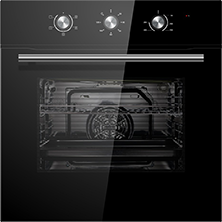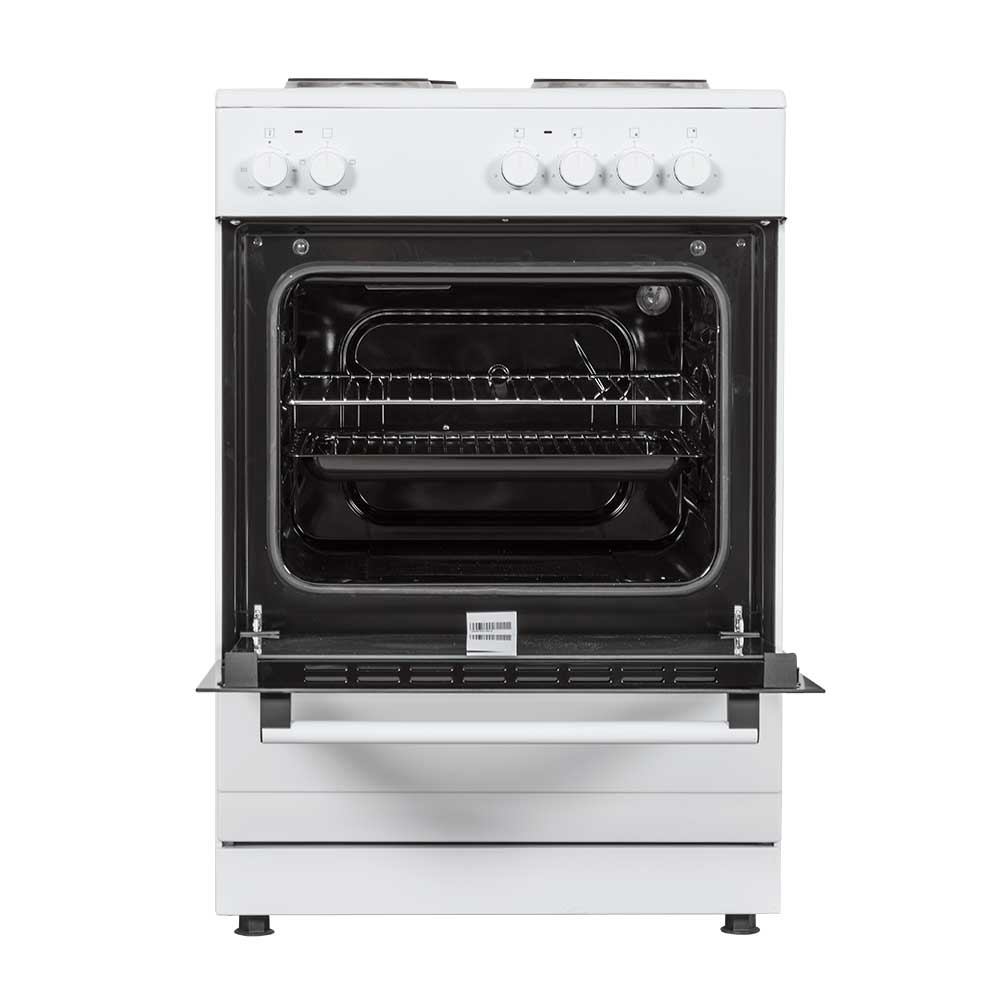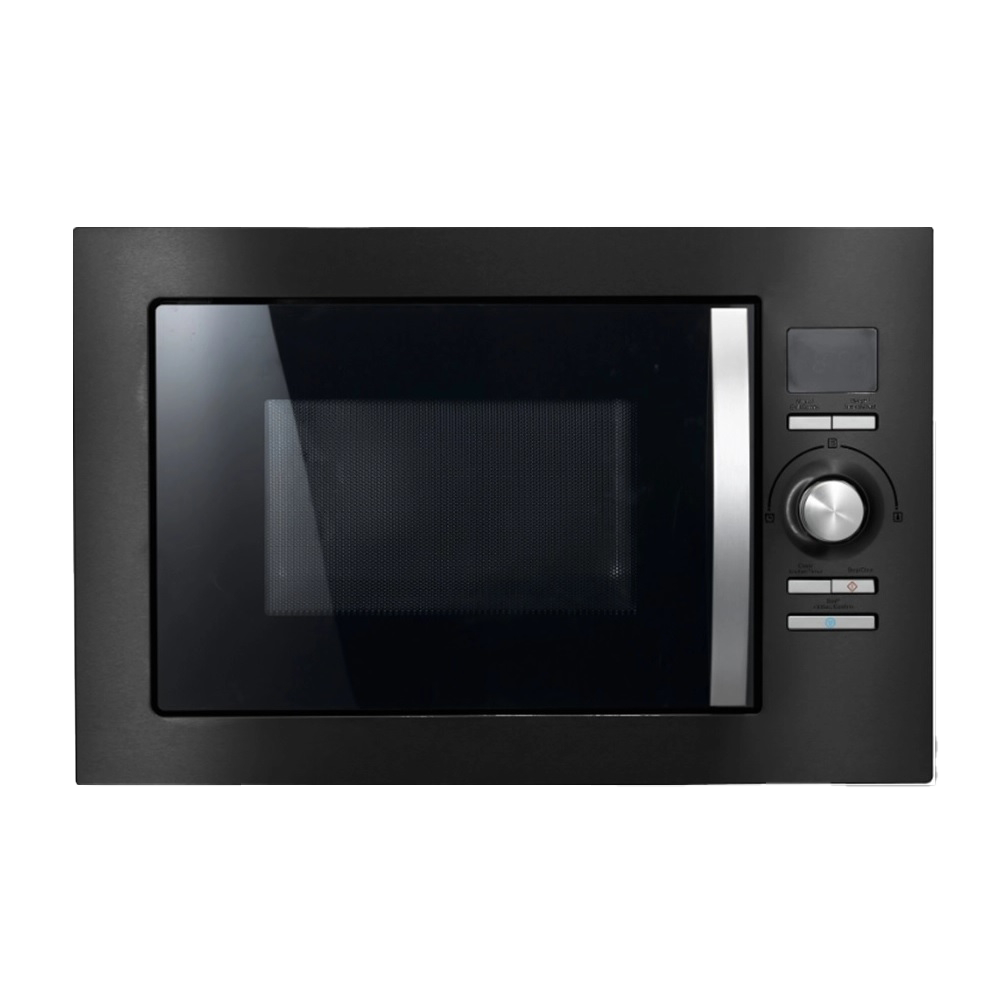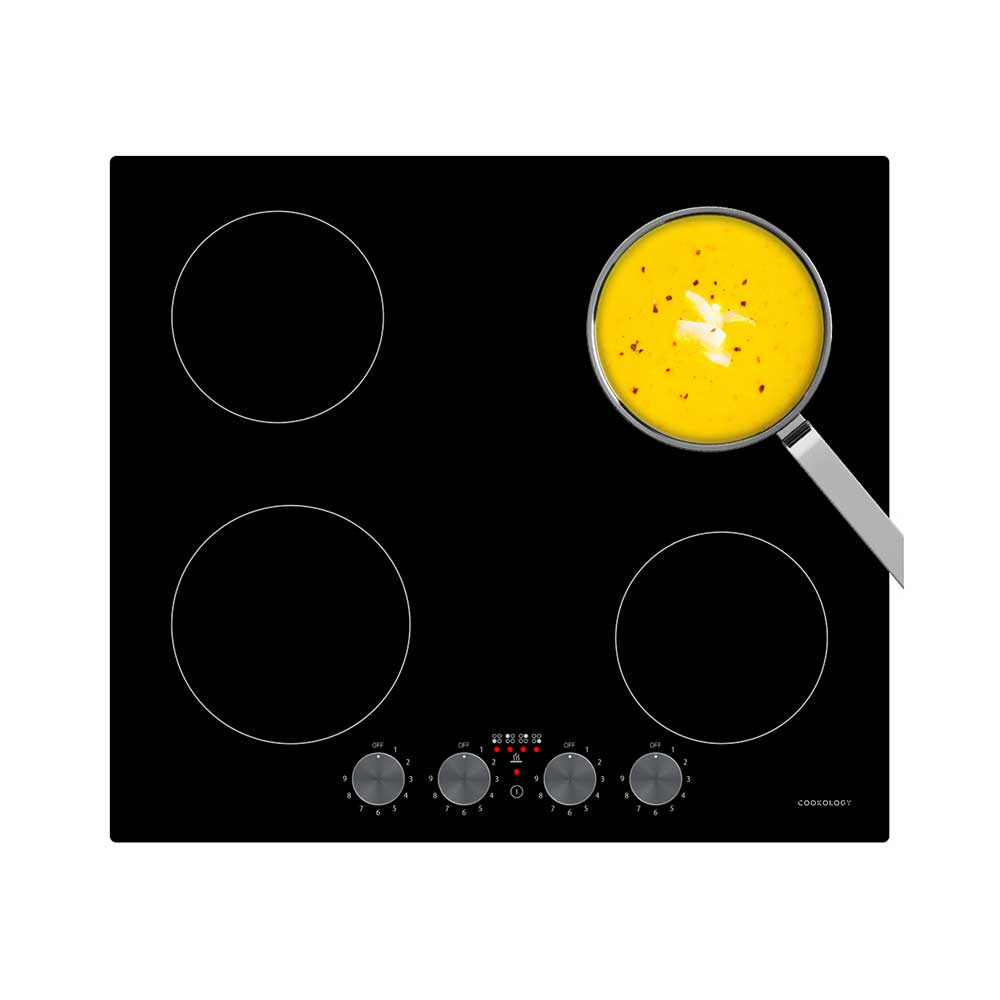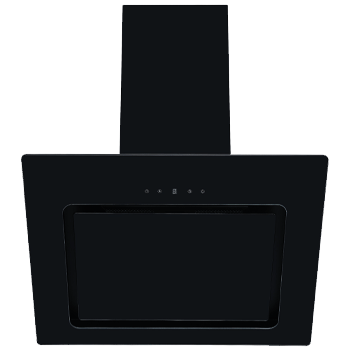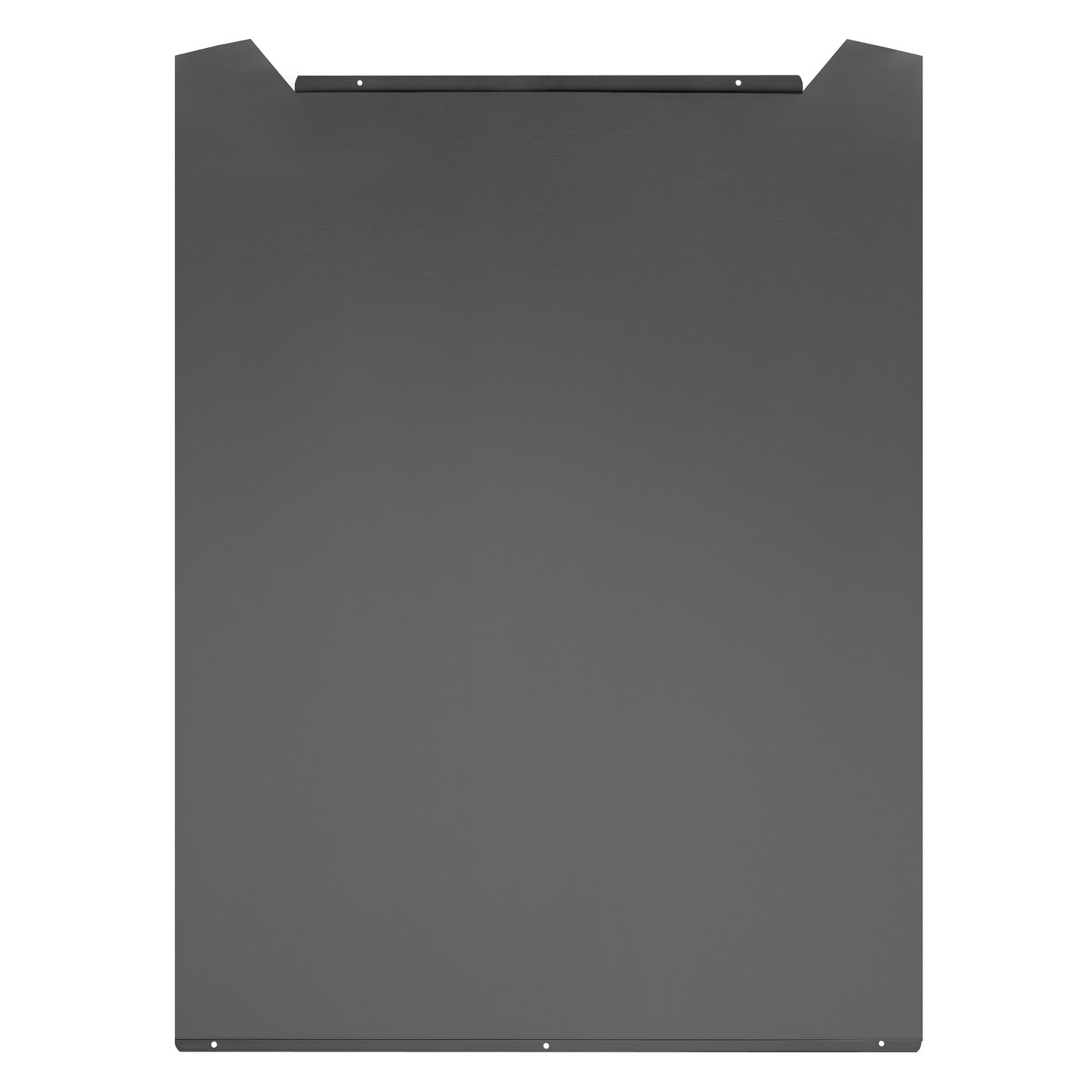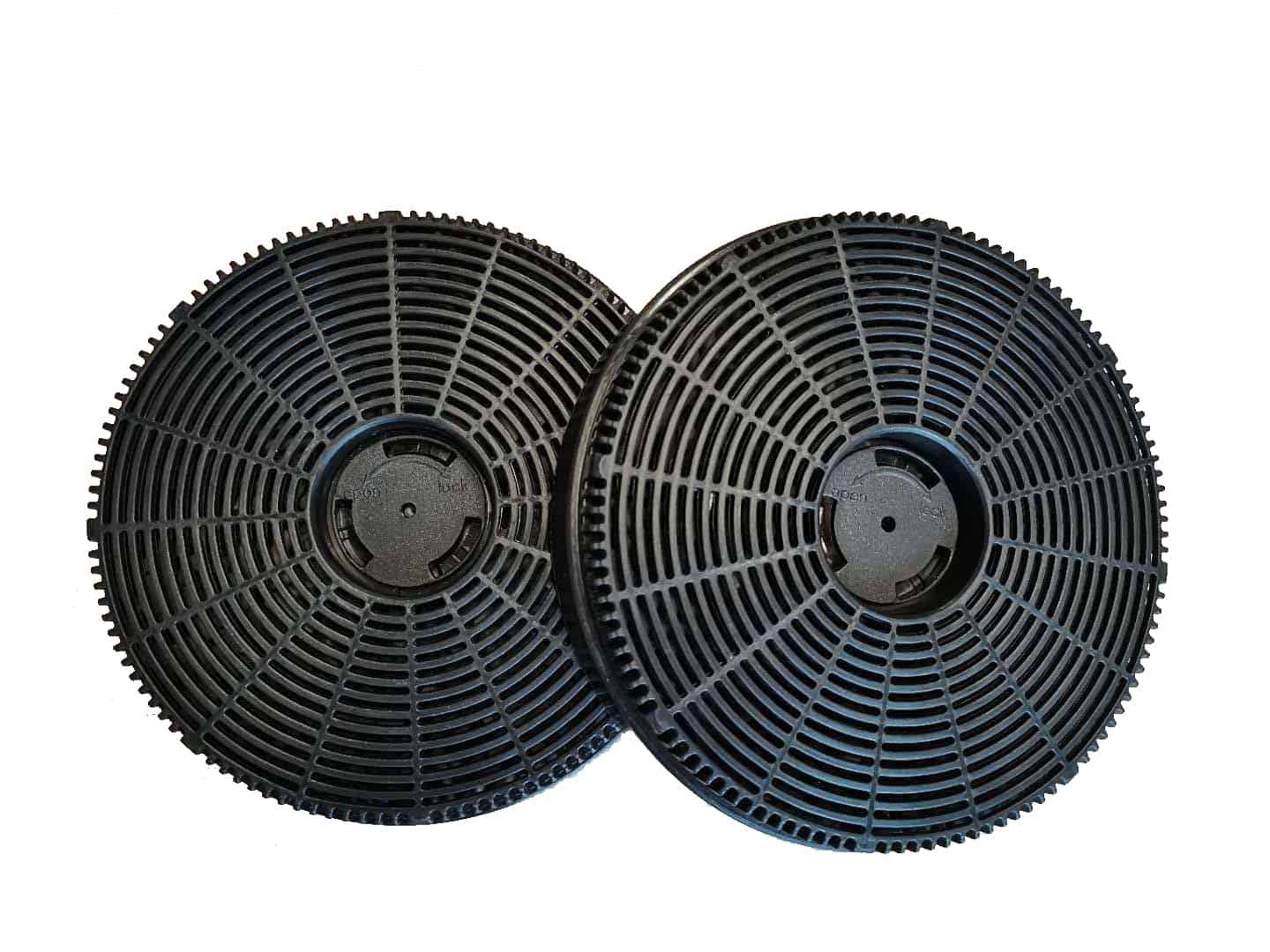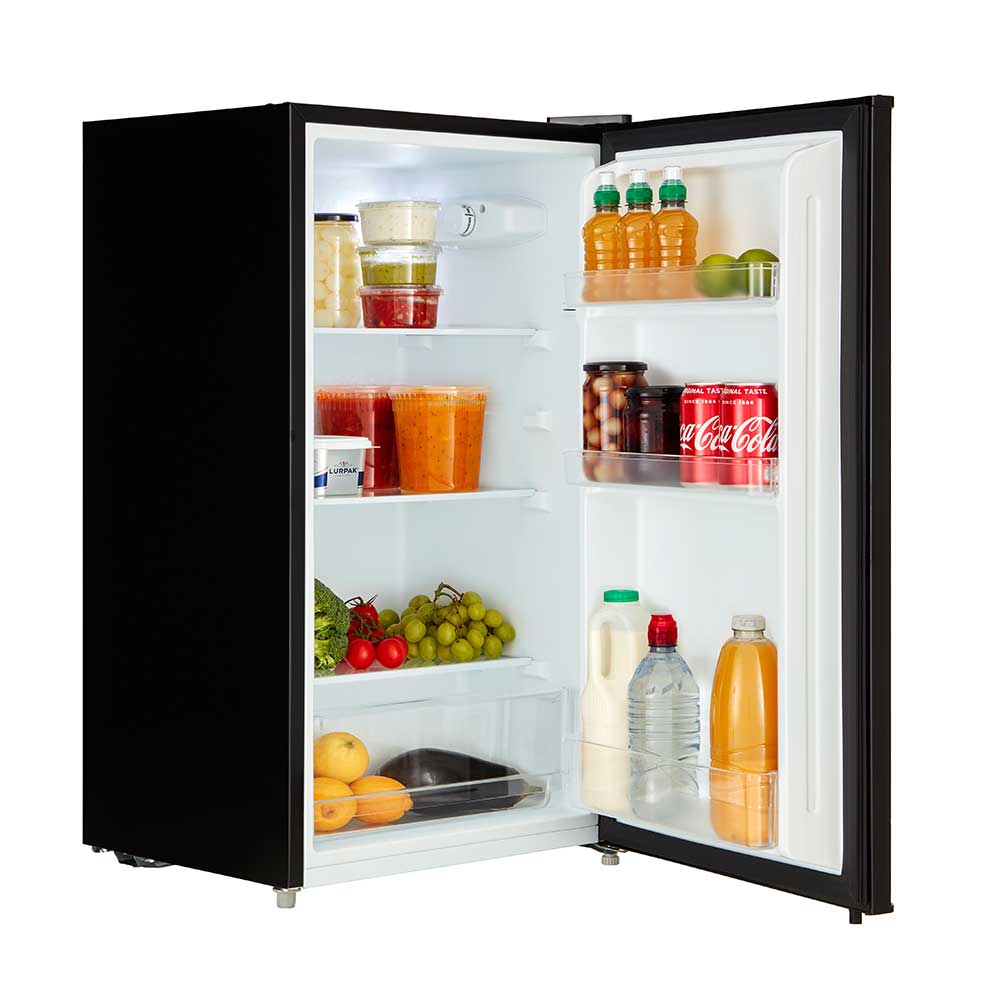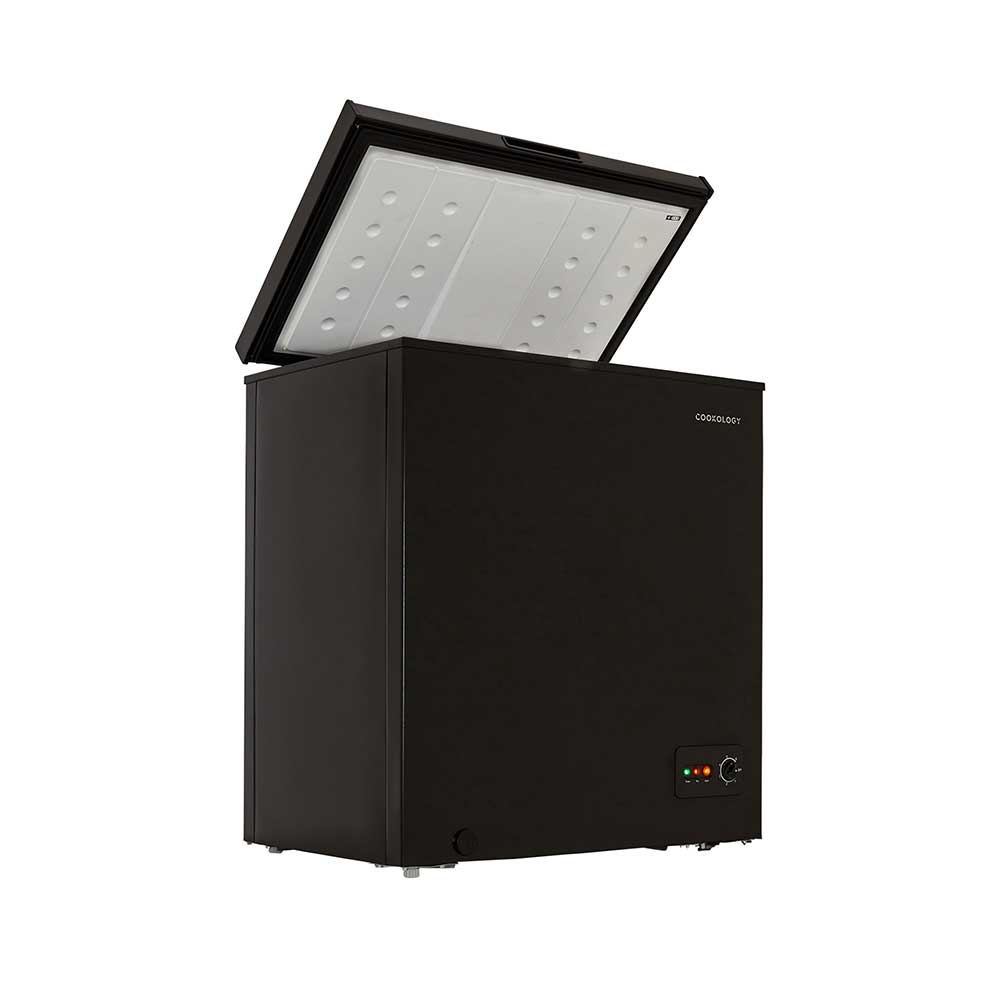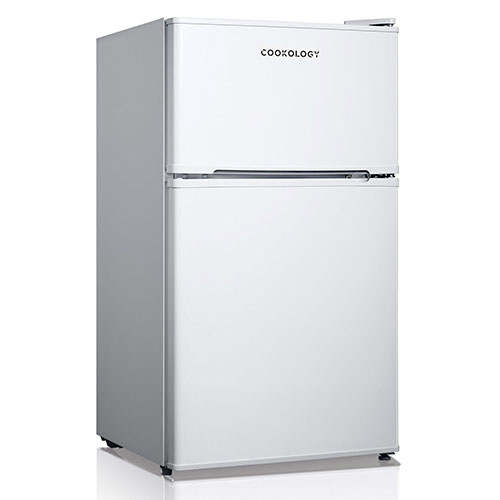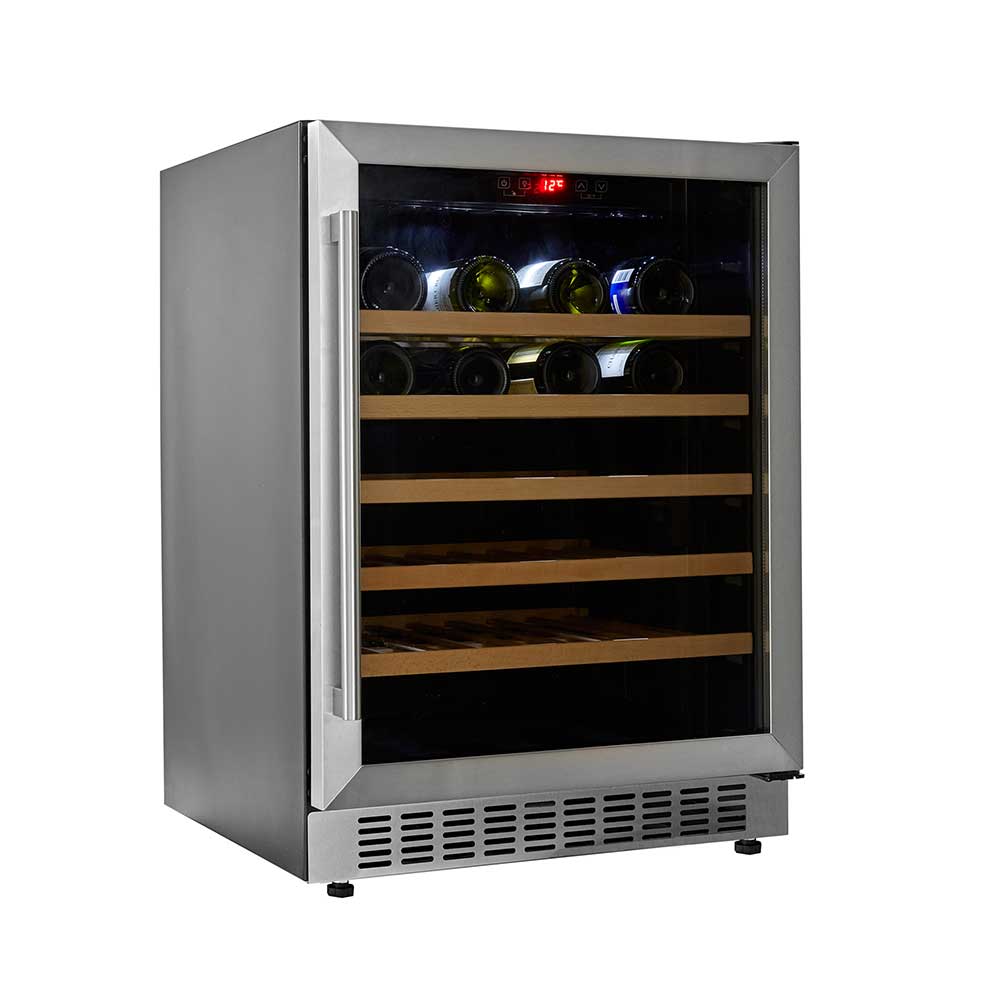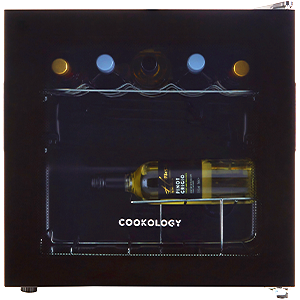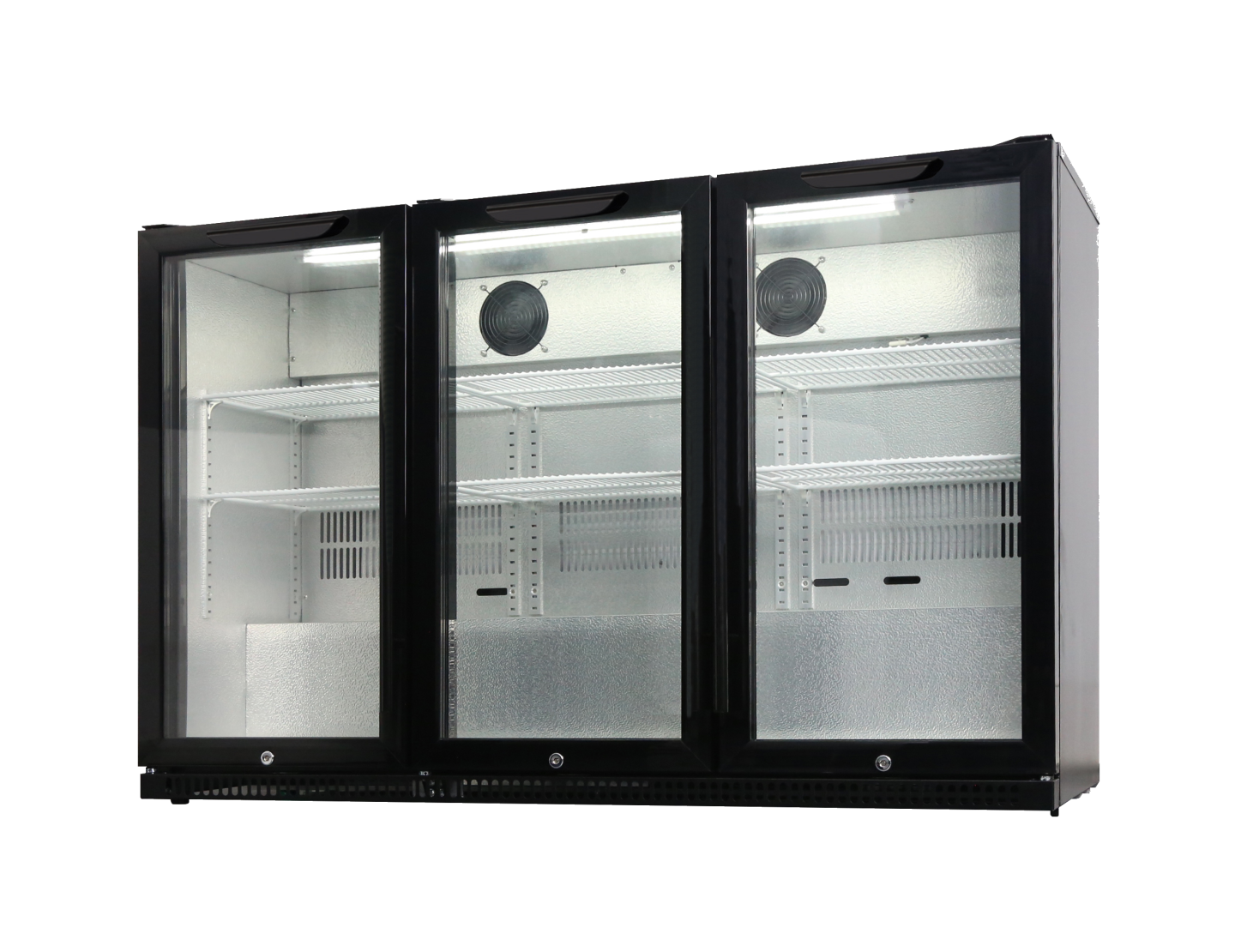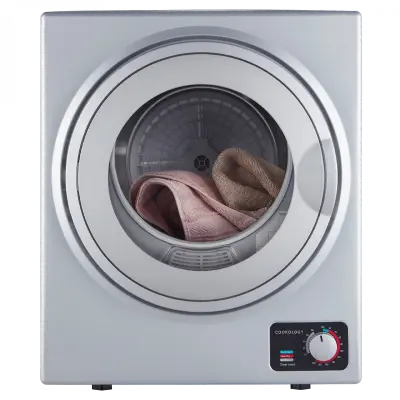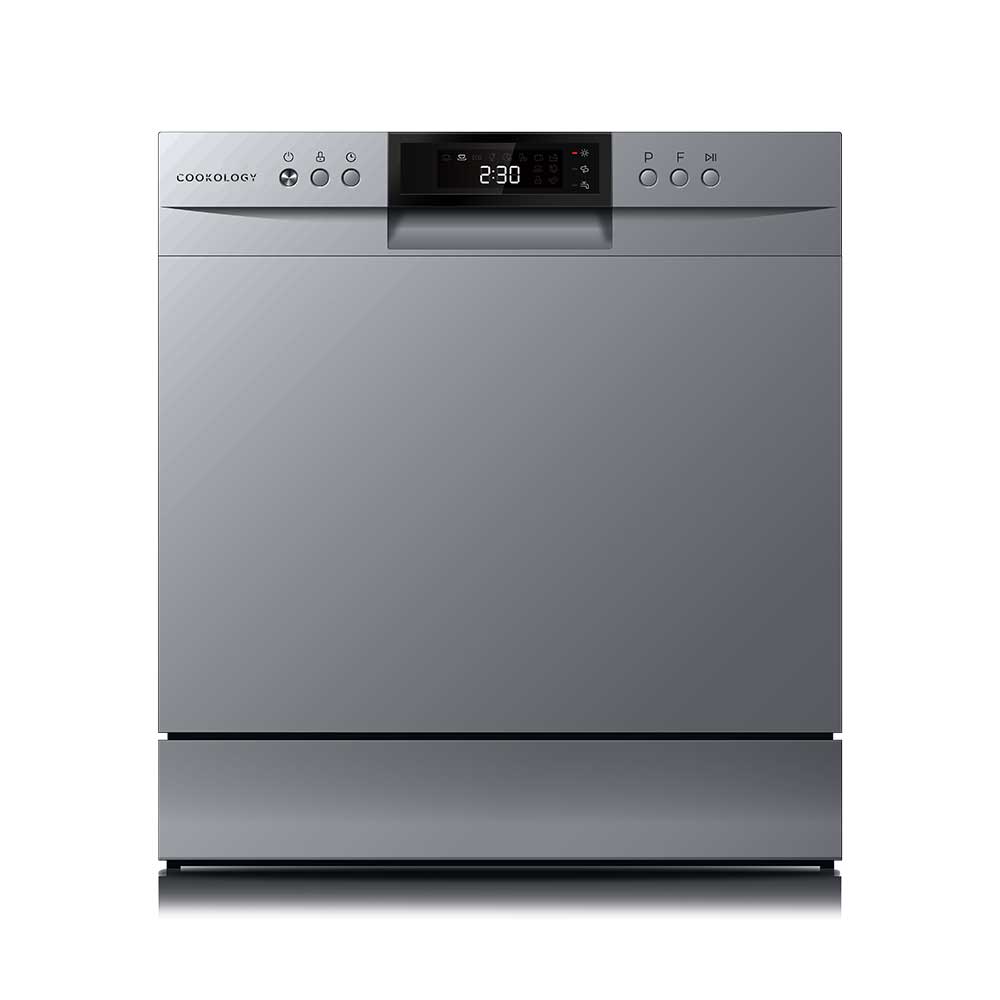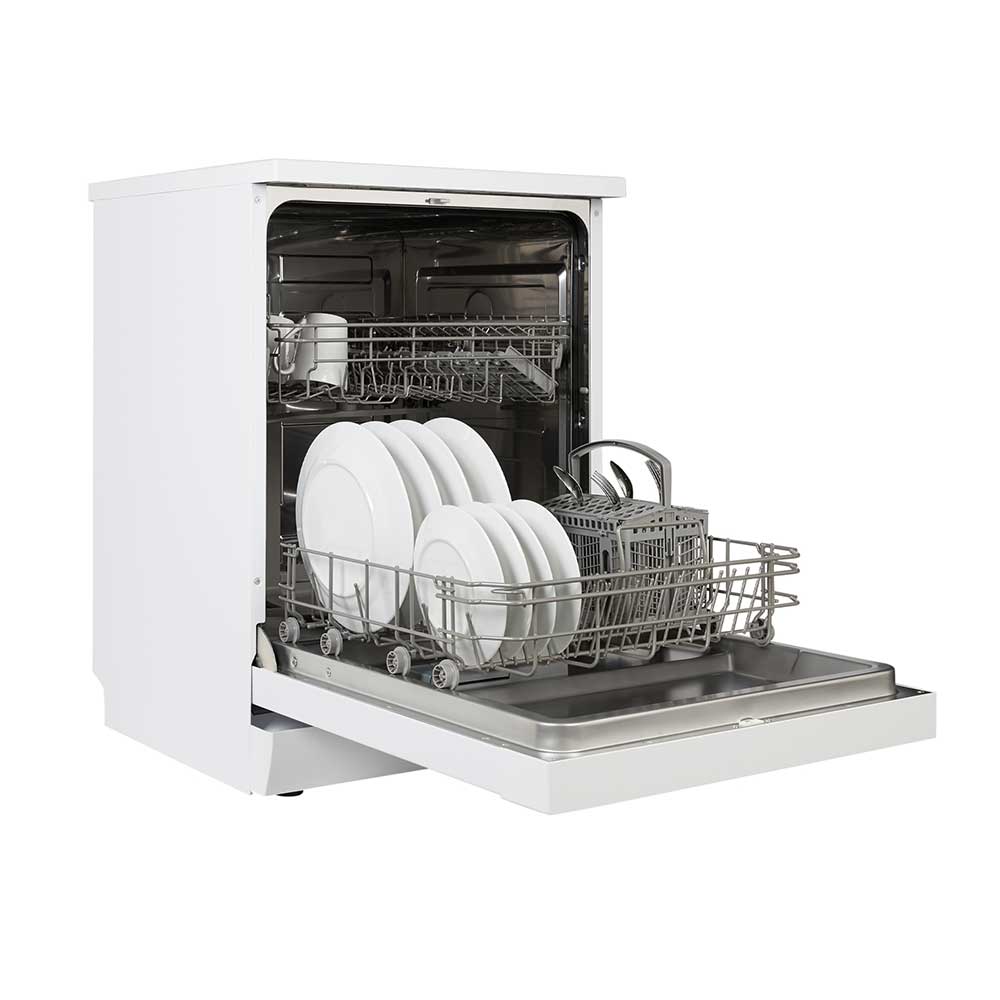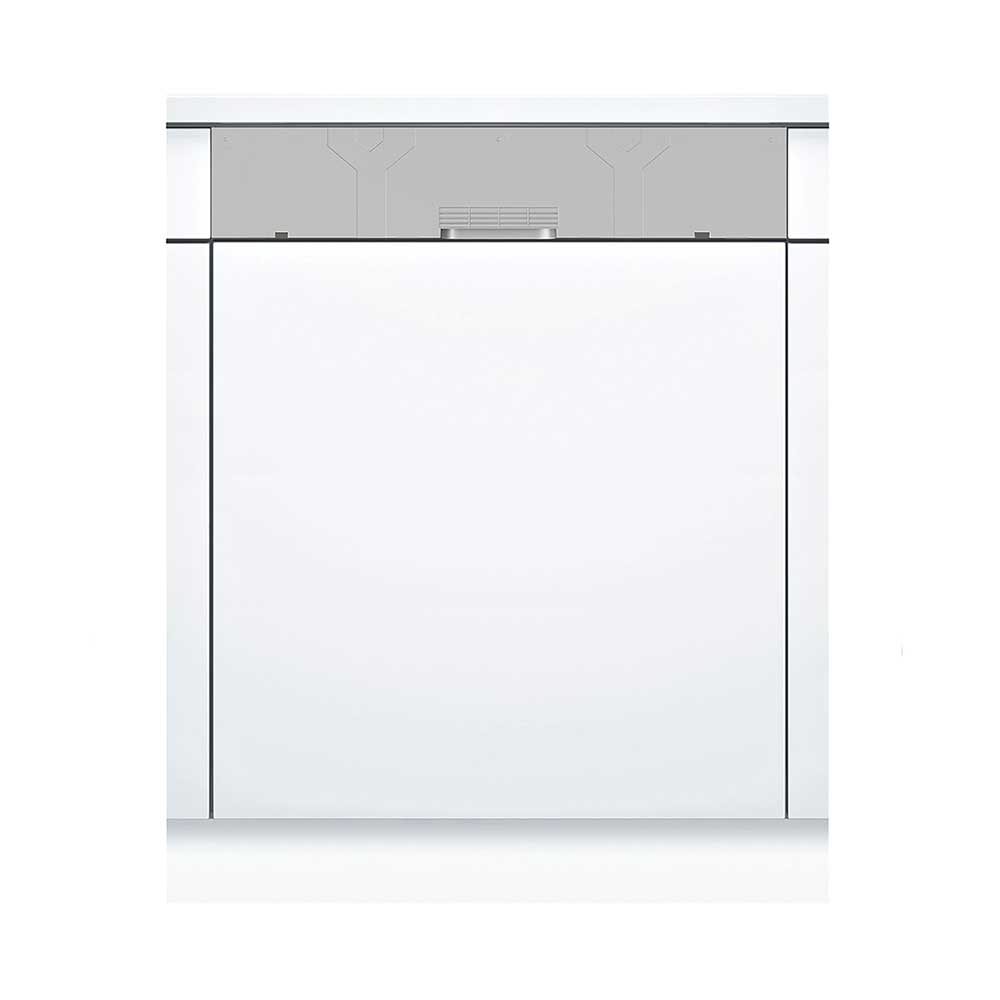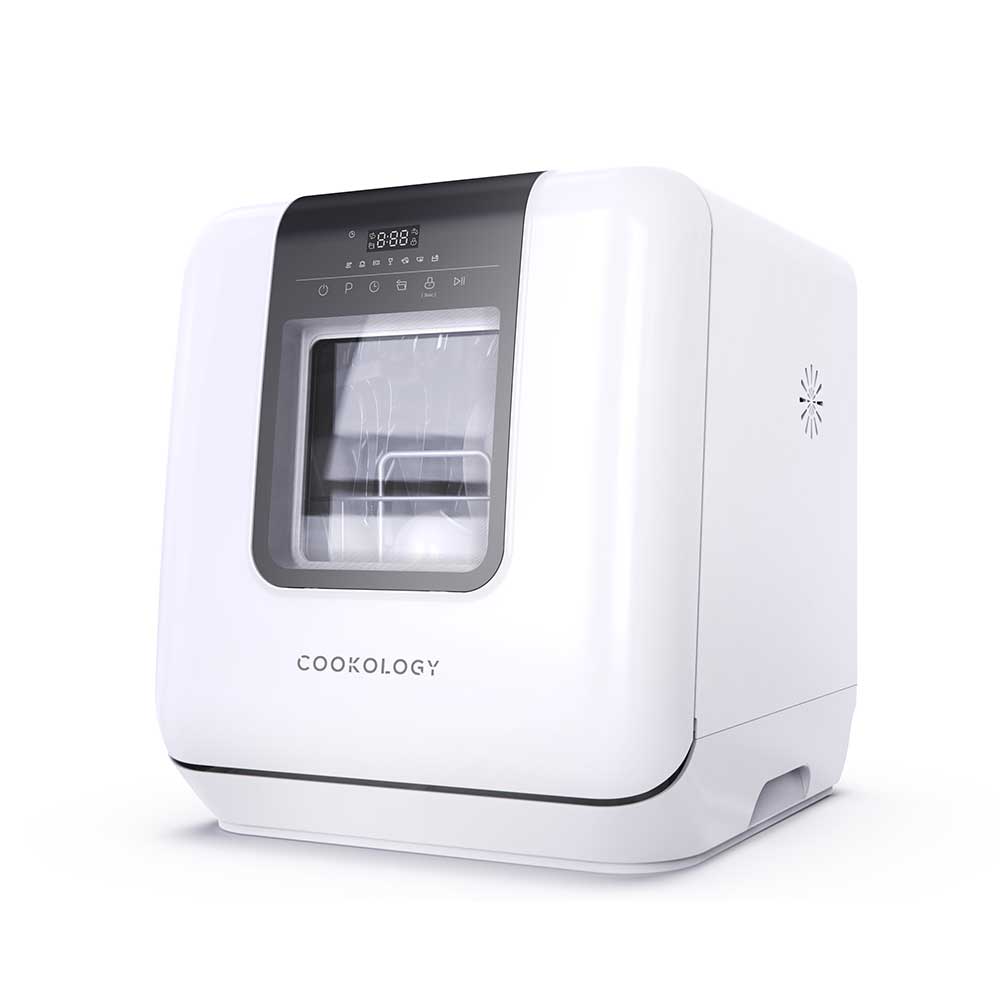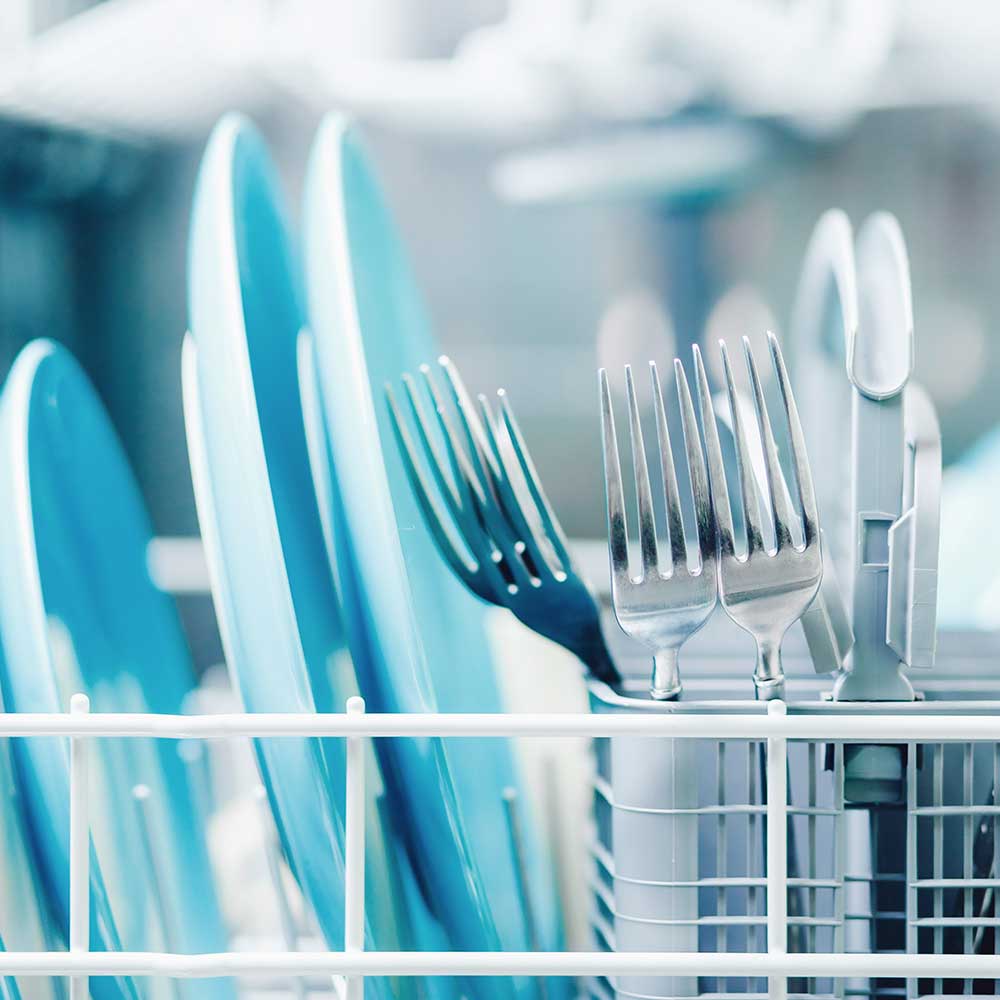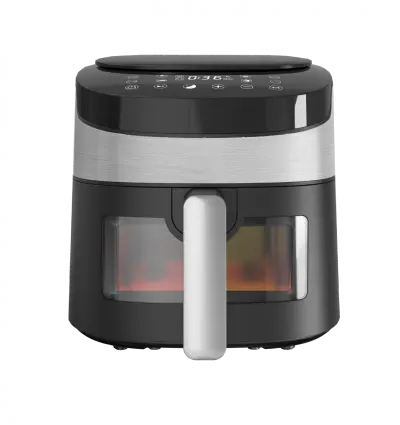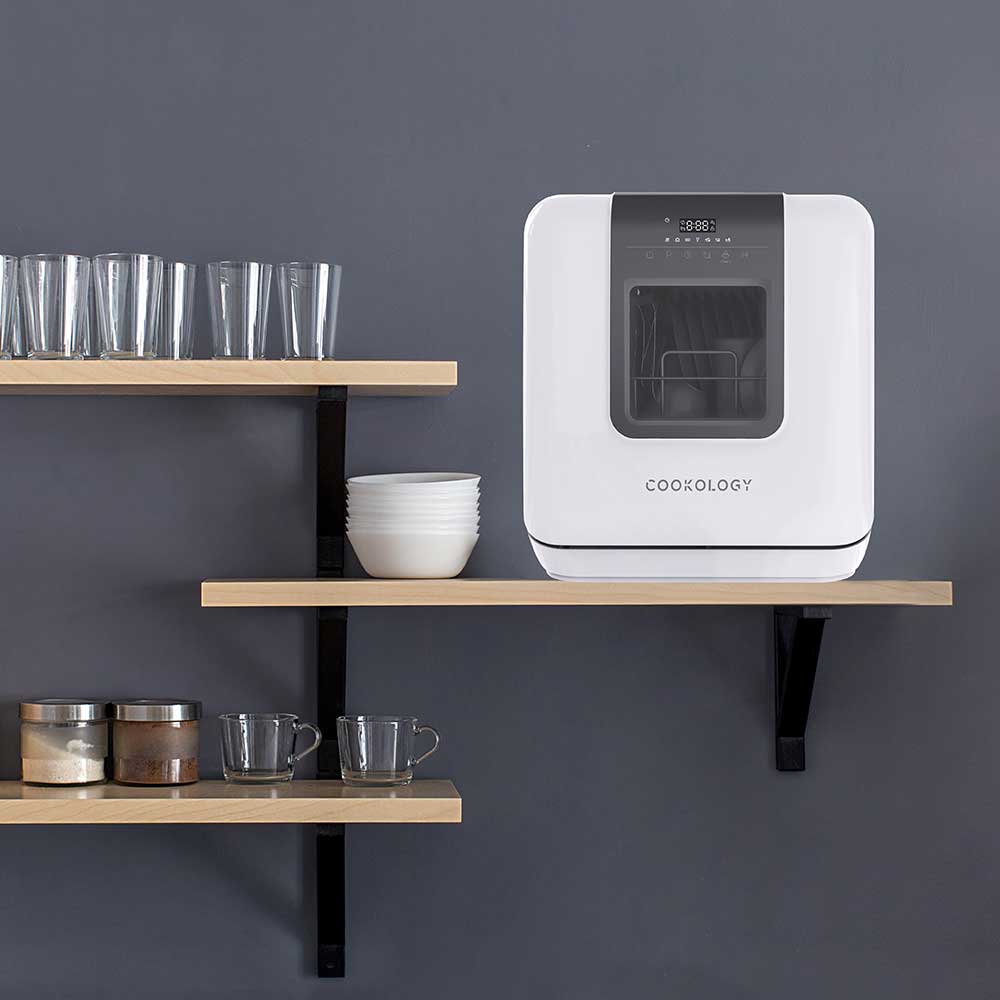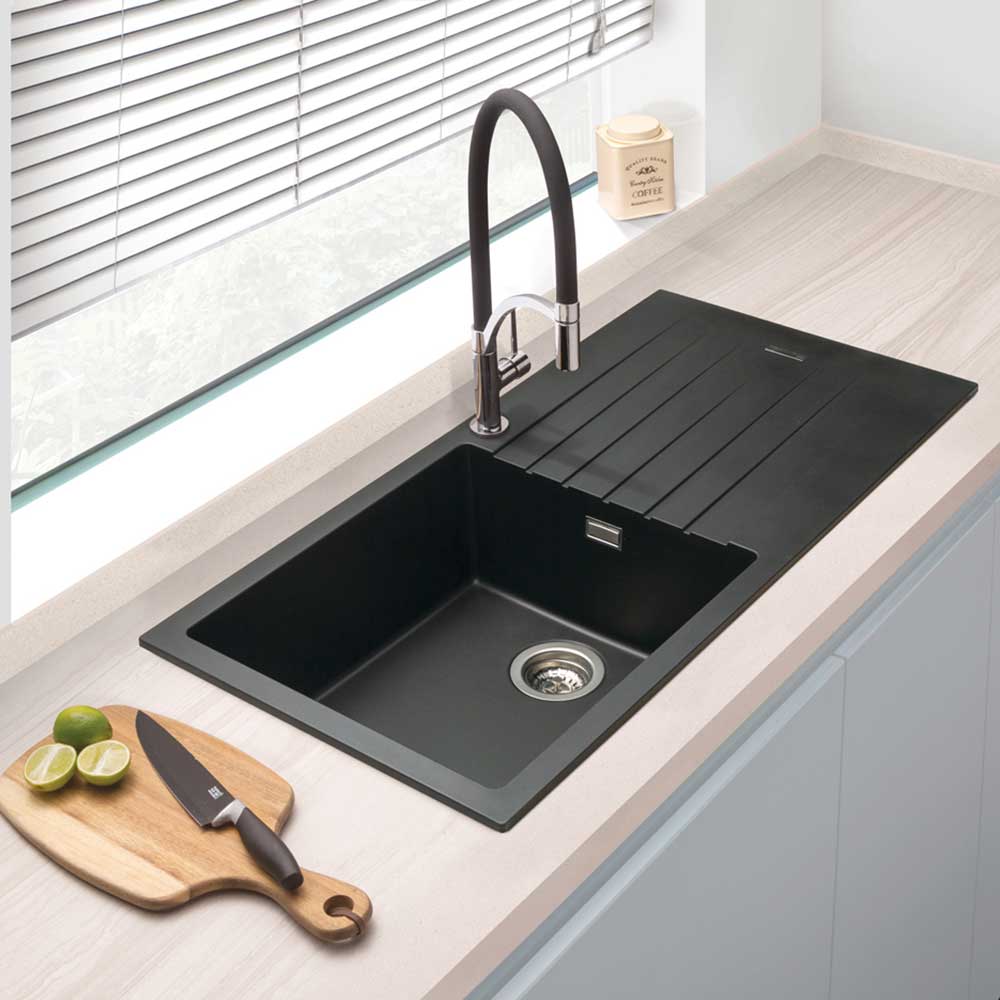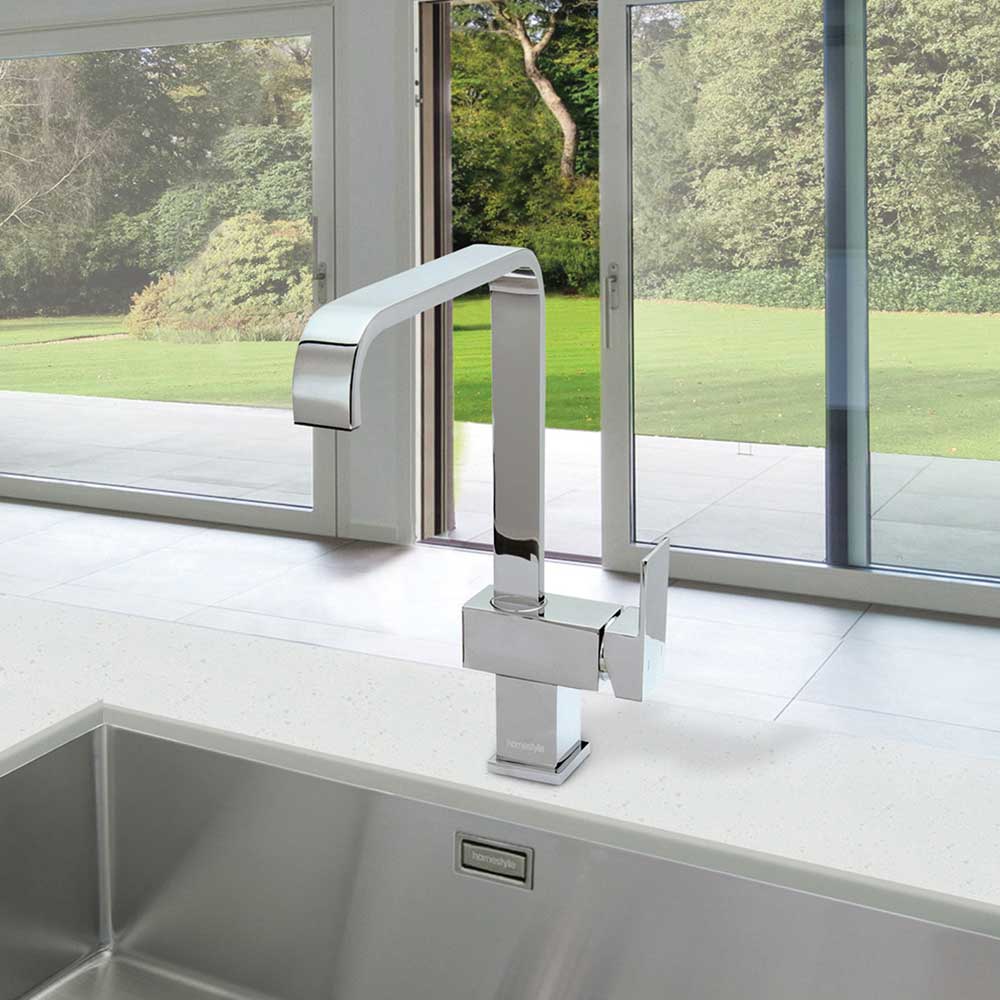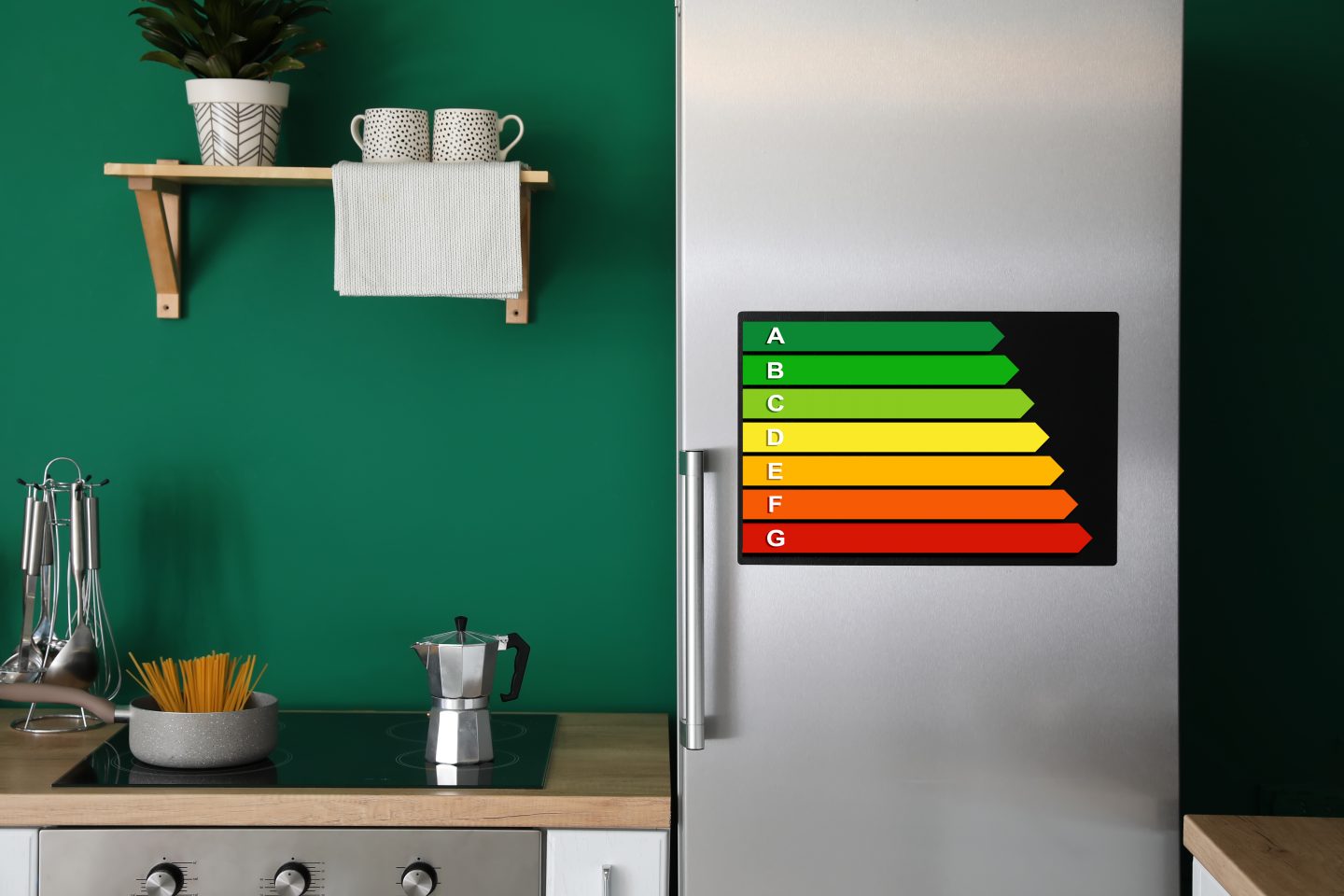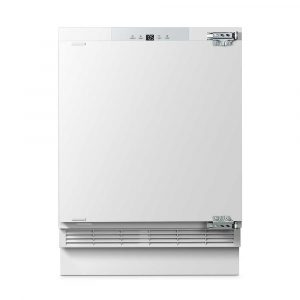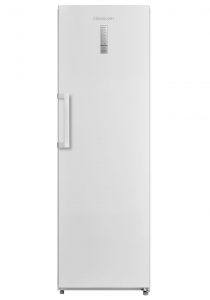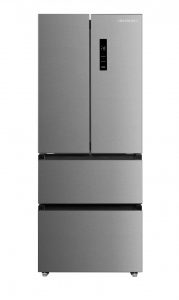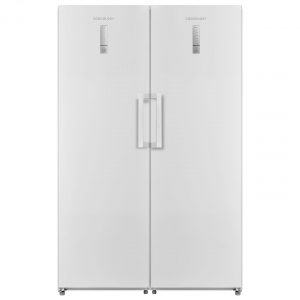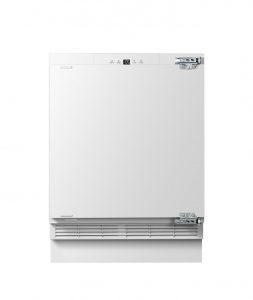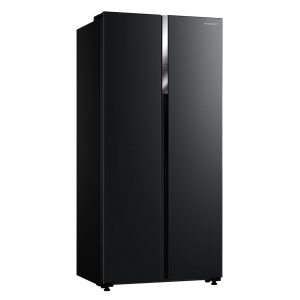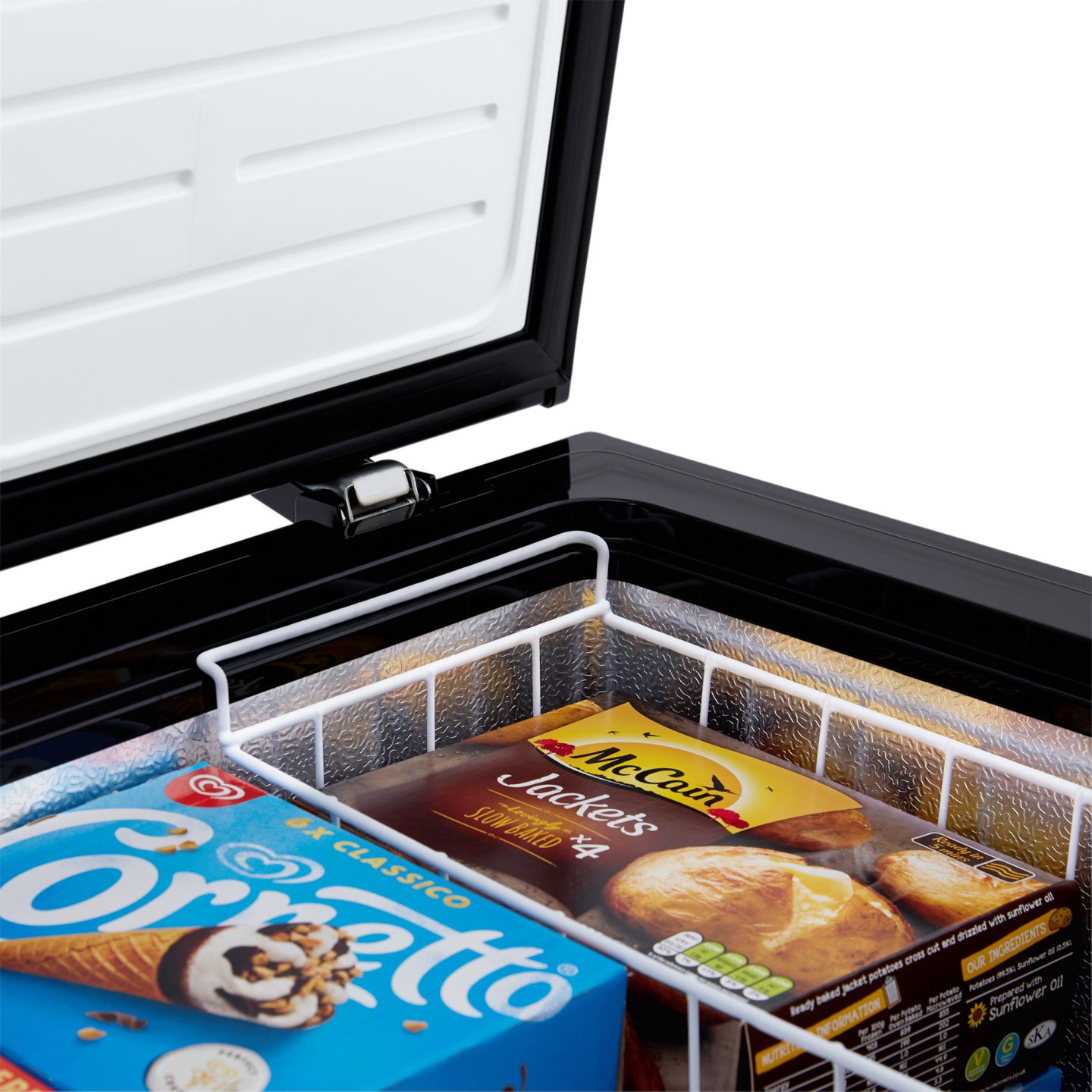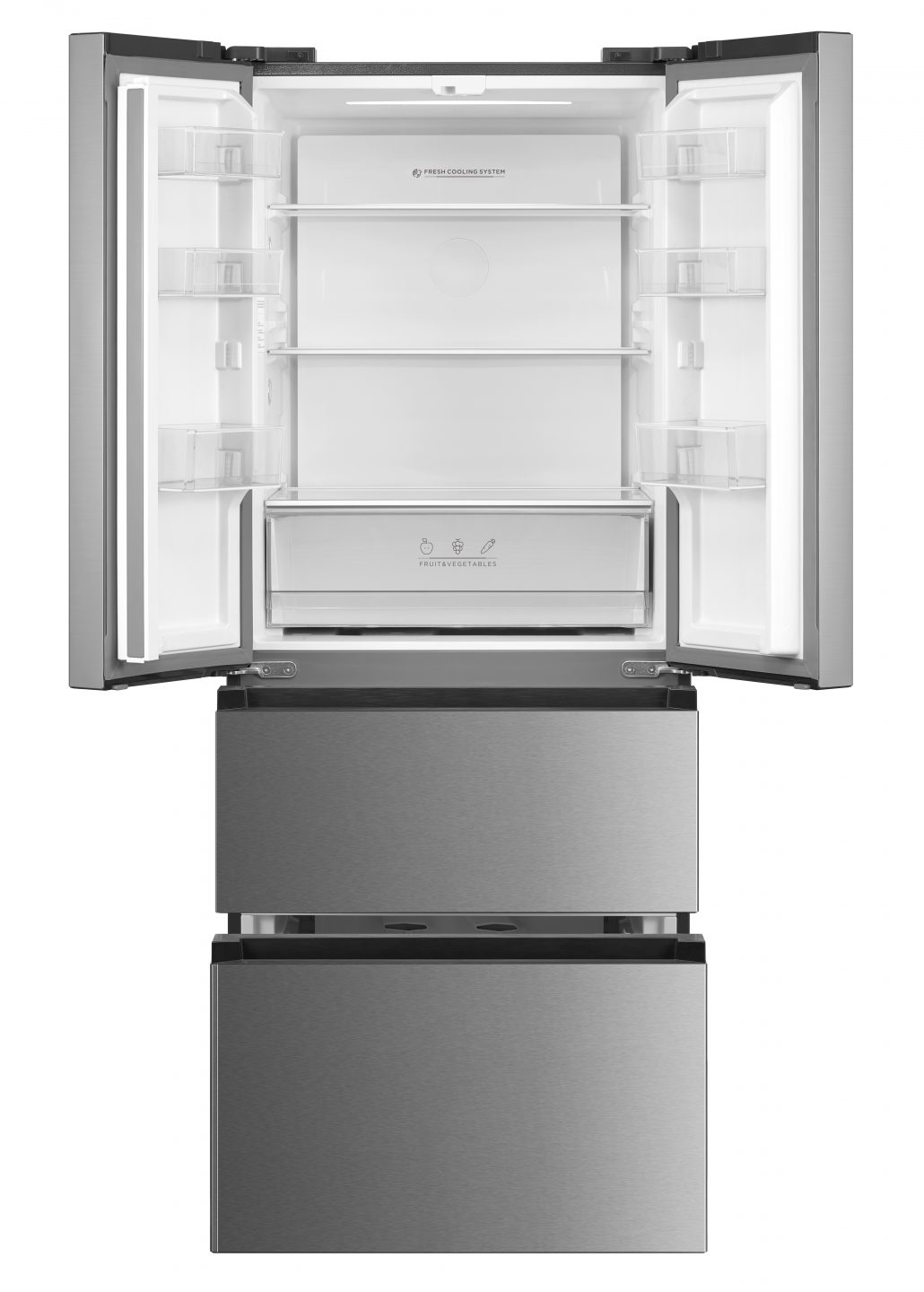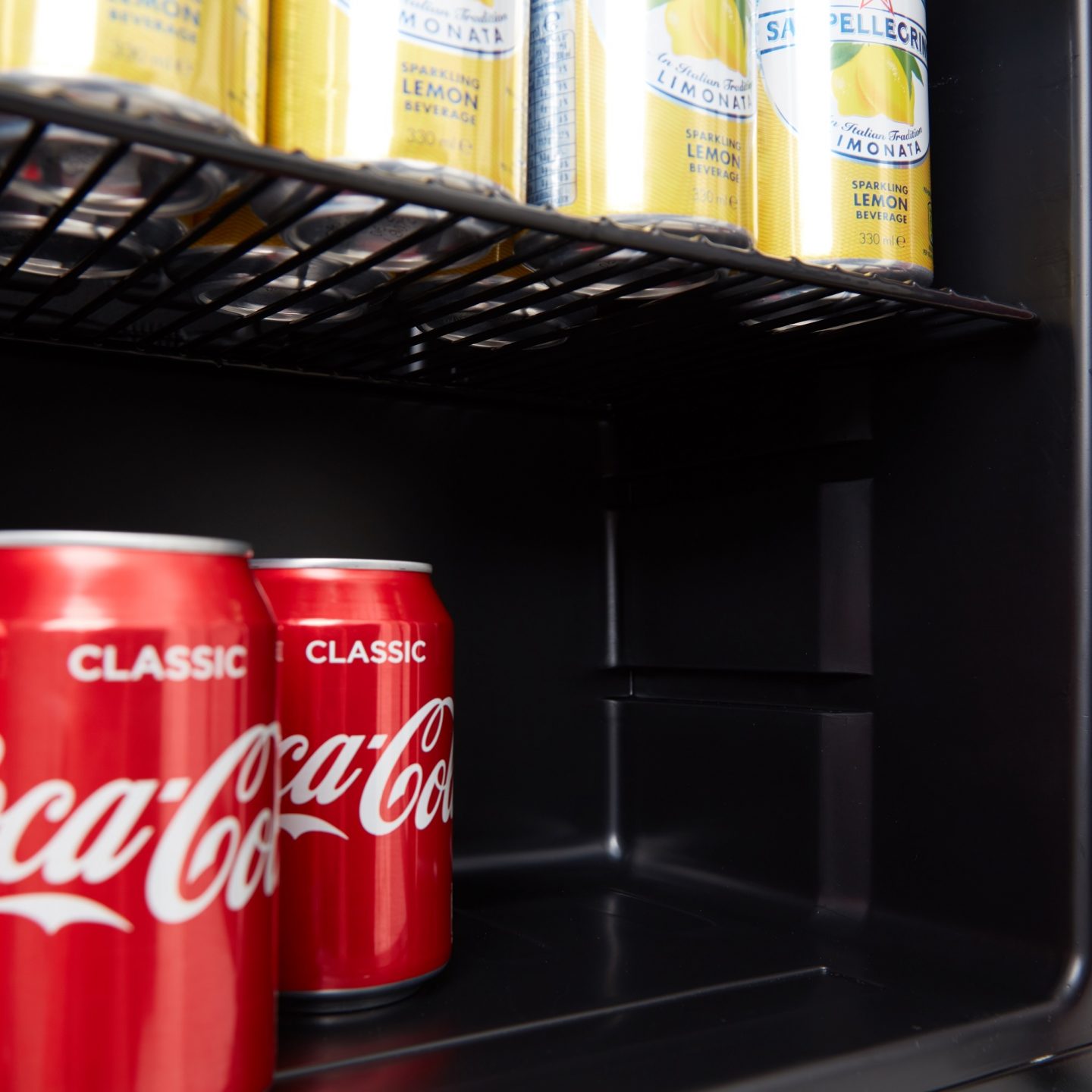It’s a little-known fact, but the amount of food you have in your fridge can alter how much you pay for electricity. It’s not something many people consider, but in this day and age of escalating energy bills, it’s certainly something to think about and act on.
The Dangers of Fridge Overfilling
If your fridge is stuffed too full of food then it’s not going to work efficiently. Sometimes you need to cram food into every nook and cranny you can find inside the fridge (particularly at Christmas time), but this means that the airflow is blocked. As a result, the fridge is going to have to work harder to cool everything down.
Having too much food in your fridge doesn’t just cause it to work harder, but it could also lead to blocked vents, which can damage your fridge.
Our Range of Fridges
Discover the perfect solution to keeping your food fresh and your drinks chilled with our top-of-the-line fridges. Upgrade your kitchen with one of our high-quality fridges today and enjoy the perfect blend of functionality and elegance.
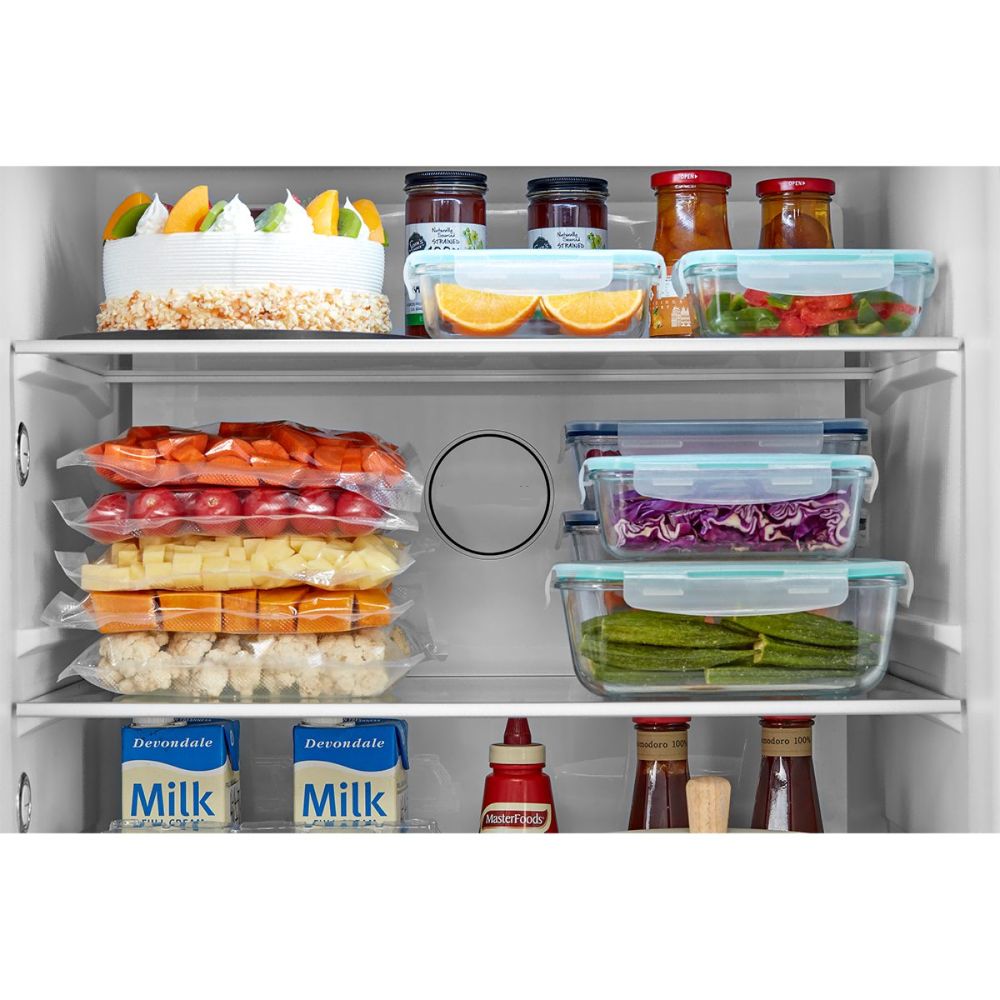
The Problem with Fridge Underfilling
It may surprise you to learn that there are problems that can be caused by using too little space. When there is food in the fridge, the items help to cool down each other because food naturally absorbs cold air. Fill your fridge with hardly any food and there’s too much space, so your fridge is going to have to work hard to keep food from spoiling (especially delicate items such as lettuce).
Finding the Perfect Solution
The optimum amount of food to fill in the fridge is three-quarters full. At this amount, there’s enough space for the air to circulate freely inside and, at the same time, sufficient food to help each item cool its neighbour down.
Additional Fridge Energy-Saving Tips
- Check the door seal. Seals can be worn away pretty quickly when the fridge is getting continual use. When that happens, the seal won’t trap the cold air inside the fridge, so it has to work harder to cool. Repairing a loose door seal will positively impact your next utility bill.
- Keep the condenser coils clean. The condenser coils are located underneath or even behind the fridge and tend to get covered in dust and debris. Wipe them every six months or so and you’ll be rewarded with a more efficient running fridge.
- Don’t sit your fridge beside hot appliances. That means not sitting in your fridge freezer next to your cooker, dishwashers or in direct sunlight across from a window as all of these things will add heat to it.
- Always let leftovers cool down. Putting a warm Tupperware container of food into the fridge causes it to work harder to keep the other items cool – because you’ve just introduced heat and changed the overall temperature of the fridge.
- Plan what to have for your meal beforehand. It’s tempting to just open the fridge door, check out what’s in there and then decide what you’re going to have for a snack, lunch or dinner. But by getting the contents of your fridge to ‘inspire you’ you’ve left the door open for a few minutes. And that means your fridge needs to work extra hard to cool down again.
- Use an energy-efficient fridge. Cookology has some of the best energy-rated fridges on the market, meaning you’ll not only save on your electricity bills but also reduce your carbon footprint and contribute to a more sustainable environment. Browse our collection of energy-efficient fridge-freezers today.
